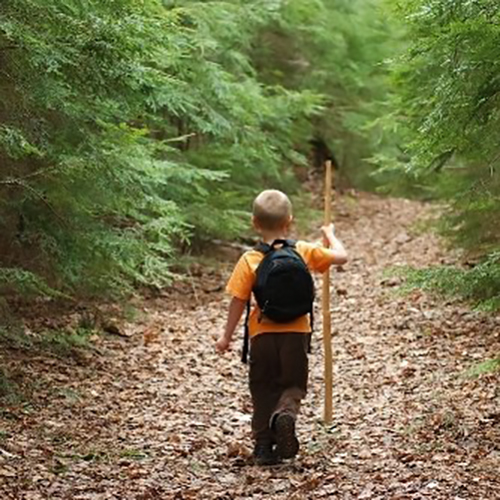Spontaneous Development of Hunting-like Behavior in a Juvenile Human
A Case Study
DOI:
https://doi.org/10.52537/humanimalia.9653Abstract
Studies of hunting behavior in humans have never addressed the roles of innate predisposition vs. cultural acquisition in its development. I present a case study showing that many elements of hunting behavior can develop spontaneously in a juvenile growing up in complete isolation from other hunters, in an environment where such behavior has no adaptive value. Despite the minimal sample size and the fact that the study subject differed in behavior from most other juvenile males growing up at that time in the same environment, these observations clearly demonstrate that hunting-like behavior can be manifested without learning from others, at least in some individuals.
Downloads

Published
Issue
Section
License

This work is licensed under a Creative Commons Attribution-NonCommercial 4.0 International License.









